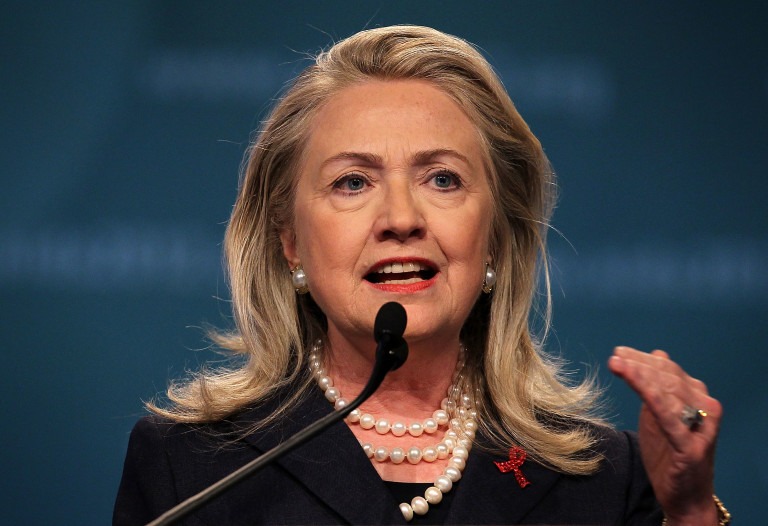Congratulations, you’re eighteen! You can get a tattoo, buy a lottery ticket, be selected for jury duty, and call yourself a legal adult. According to the 26th Amendment, you also possess the right to vote. But there’s a caveat that makes this last right much less accessible than the rest: voter registration. Advocates for our nation’s complicated registration system argue that it is necessary to prevent voter fraud. Some politicians, however, argue that stricter and stricter registration policies are beginning to impede democratic participation and compromise what voting is all about.
Today’s most prominent face in the Democratic Party – besides President Obama, of course – expressed this very opinion last week. In a speech at Texas Southern University on Thursday, Hillary Clinton spoke strongly and decisively to advocate for a system of universal voter registration. The current, problematic system is opt-in. Those who have the right to vote have to activate this right through registration. The system Clinton advocated, in contrast, is opt-out. It would automatically register citizens to vote when they turned eighteen, and allow them to “deactivate” their right if they so desire. Though universal voting was her key point, Clinton also argued that all states should allow early in-person voting to expand citizens’ opportunity to vote. She called, too, for the reinstitution of the Voting Rights Act provision that required states to have their voting restrictions cleared by the federal government, which was struck down in 2013.
Clinton’s argument is not unprecedented. In March, Oregon became the first state to do exactly what she suggested: automatically register voters through information from the state’s DMV. However, her speech firmly aligns her 2016 campaign with the issue of extending this practice throughout the nation. It is also undoubtedly a criticism of her GOP opponents, who have implemented a large number of laws meant to combat voter fraud which critics say impedes access for legitimate voters. Some GOP-controlled states, for example, are strict about requiring certain types of photographic identification. Others prohibit teenagers younger than eighteen from pre-registering or have rolled back early voting days and hours.
Deeming these practices an effort to “disenfranchise” large portions of the population, Clinton criticized them all. More remarkably, however, she called out four GOP governors by name. Accusing Rick Perry, Jeb Bush, Scott Walker, and Chris Christie of unnecessarily “fear-mongering” about fraud, she drew attention to the specific barriers to democracy they put in place. For example, Bush made cuts to Florida’s list of registered voters, while Walker passed laws that made it difficult for college students to vote.
New Jersey Governor Christie, sparred back a bit, calling Clinton’s idea ridiculous. “Folks in New Jersey have plenty of an opportunity to vote,” he said. “Maybe, you know, if she took some questions some places and learned some things, maybe she wouldn’t make such ridiculous statements.”

